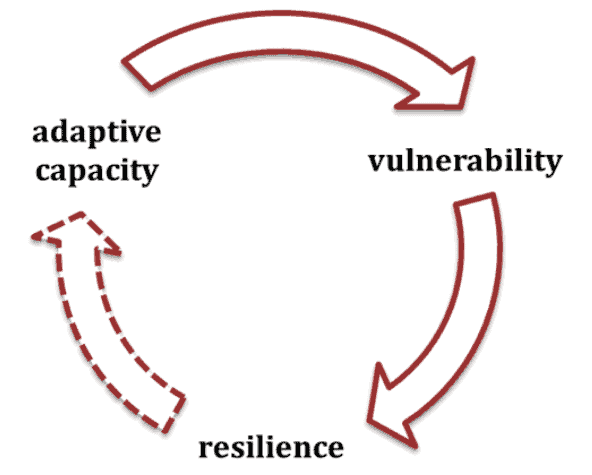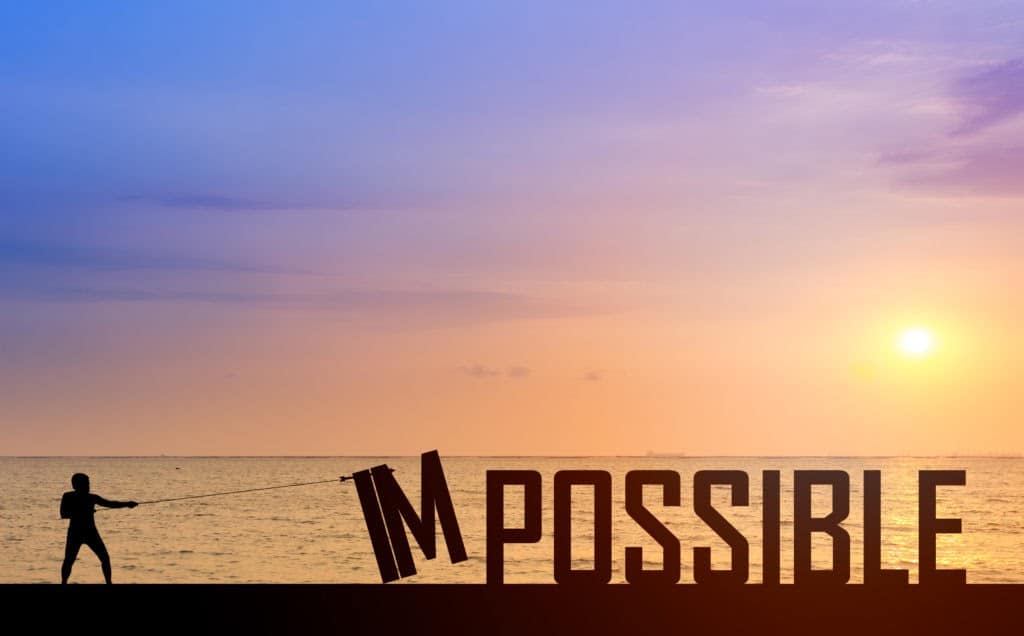
Suzie Hoskin
Note — The article was checked and updated January 2023.
Resilience is the ability to adapt and overcome mental or physical stress, trauma and adversity. By building skills to endure hardship, we are able to push through challenging times.
If we fail or fall, having resilience will help us bounce back and continue to achieve our goal.
Why is resilience important
The world we live in is sometimes tough and can be challenging. It is rarely all rainbows and sunshine. We may find our lives are peaceful and calm at times and at other times turbulent and stressful. Like the ocean, it is unpredictable.
RELATED — Understanding Stress: The Silent Killer
The ability for humans to withstand and cope with the unpredictable nature of life and bounce back, and grow from it, is typically referred to as resiliency – being buoyant and strong, adaptable and flexible in the face of adversity.
Think of sporting greats who suffer an injury and go on to claim world titles. These individuals do not give up. The focus and interpretation of the negative event changes from what has been lost to what they now need to reclaim and the actions they need to take towards recovery and then greatness.
These are people who are prepared and willing to work through any challenges. They do not view a challenge as unsurmountable.
They believe in their dream and focus their energy, and efforts towards achieving that dream.
How to build (personal) resilience
Resiliency is best demonstrated by babies learning to crawl and walk and run. It is a process in which the child develops the skills, confidence, strength and energy to start moving. Each movement is deliberate and may not look easy. It continues, however, regardless of how many stumbles, injuries and falls there may be.
(Japanese proverb)
The goal of crawling or walking becomes greater than the hurdles, stumbles, falls and obstacles ahead. Being resilient often includes having insight, dreams or a sense of knowing that the journey is going to be successful.

People are not generally born with resilience nor do they have or not have resilience. We can learn resilience from other people. Their journey from adversity to victory can help inspire us to know we can get there too.
We can also learn from our own stories of how we handled difficult times and events successfully and how we became stronger and more resourceful.
Science behind Resilience
Dr Martin Seligman, PhD, a professor of psychology and leading authority in the field of resiliency, studied how people deal with setbacks. We can see him with the Dalai Lama in the image below.
He discovered that there are three P’s – personalisation, pervasiveness and permanence – that less resilient people use to explain setbacks.[1]

A less resilient person adopts a pessimistic outlook. When faced with a set back or negative event they believe this is permanent, personal and all pervasive. The less resilient person says “it will last forever” or “it will undermine everything I do” or “I am responsible or at fault”.
An optimistic and more resilient person does not adopt these distortions but instead disputes them by saying “I can change it” or “ it’s just one situation and it’s going away quickly”.
They do not generalise and find evidence that the adverse event is outside of their control.

Life inflicts the same setbacks and tragedies on the optimist as on the pessimist, but the optimist weathers them better.”
Bounce back and don’t give up (an example of being resilient)
To demonstrate resilience it can be helpful to use a metaphor of the resilient captain. A captain can have all the skills, provisions, navigational equipment, experience and best crew but on their journey they may encounter events that they can not always control.
When adverse events happen, a resilient captain may need to draw on all of his own and others’ experience, knowledge and skills learned through successful sailings. This may involve researching and obtaining advice about what to do.
The captain may also need to ask for help or calmly delegate responsibilities and tasks to their crew members. This may involve considering and adopting other points of view and supporting others to carry out important functions.
Being resilient may mean being flexible and brave enough to choose alternative routes despite resistance. It may mean pausing the journey so the boat can be repaired, restocked and the crew can rest before the journey continues.
The Captain may need to visualise that the journey will be successful and navigate through discomfort by adopting positive thoughts and beliefs and abandoning negative self talk. For example, reframing “I will not survive, this is bigger than me” to “this journey is teaching me new skills that will improve my performance as a captain” or “the obstacles brought our crew together in ways I never imagined”.
The captain knows that resiliency means their mind is tuned to creativity and not stifled by impossibility.
Be the captain of your ship and do not be afraid of storms.
Suzie’s professional background is in the areas of law, employment relations and change management. She has always been passionate about mental health and wellbeing, and her life purpose is to empower others to heal, rise and stay afloat.
Suzie uses NLP, hypnotherapy and life coaching techniques together with her life experience to help her clients release any negative feelings, thoughts and beliefs that may be preventing them from living their best life.
Suzie is available for private therapy sessions from her home or by zoom. Please visit www.resiliencyltd.com and learn more about Suzie and her work.
References
(1) Dr Martin Seligman, “Learned Optimism – How to Change Your Life and Your Mind”, 2006. Harvard Health Letter. (2009).






